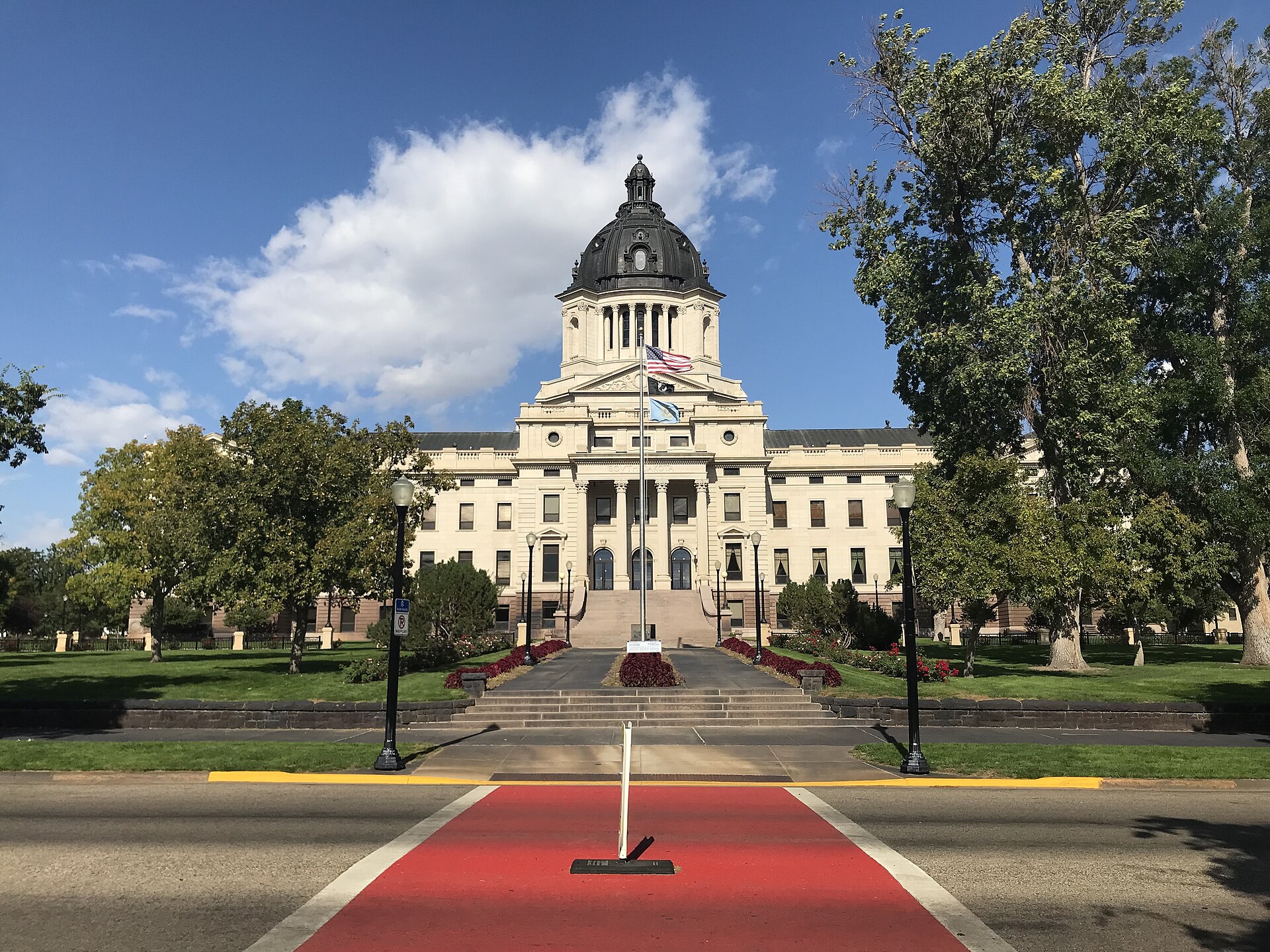
John Fry is a student at Harvard Law School.
In today’s news and commentary, CLJE releases worker-centered benefits report; Utah and South Dakota crack down on public-sector unions; and AFGE grows despite federal turmoil.
This week, the Center for Labor and a Just Economy published “Principles for Worker Centered-Benefits Programs,” a report co-authored by ten former members of the Biden Administration’s Department of Labor. The report describes the shortcomings of existing benefits systems in the U.S. in enabling economic security and mobility for workers, and outlines principles to guide the design and implementation of universal, portable benefits programs that center workers and maximize cost-effectiveness.
Utah banned public-sector collective bargaining for state employees last week, enacting a bill that I covered in late January. The bill contains no exceptions, affecting teachers, police, and firefighters alike (unlike a recent antiunion bill in Florida which contained a “public safety” exception for police and firefighters). On Monday, South Dakota’s legislature joined the trend by advancing a bill that would make violations of the state’s right-to-work law a felony offense. The law would also require union organizers to gain employers’ permission to enter any worksite, including to speak with union members at already-unionized businesses. While the Supreme Court’s Cedar Point decision may have granted employers a constitutional right not to allow union organizers on their property without compensation, critics of the South Dakota law say that its vaguely worded provisions would cause confusion.
As President Trump and his cabinet and advisors continue to lay siege to the federal workforce, the American Federation of Government Employees reported on Monday that its membership had grown to a record high. AFGE, the largest union representing federal employees, has fought in court against several of the Trump administration’s recent initiatives, including its “fork in the road” resignation offer to workers and its attempt to grant Elon Musk access to sensitive Treasury data.






Daily News & Commentary
Start your day with our roundup of the latest labor developments. See all
June 30
Antidiscrimination scholars question McDonnell Douglas, George Washington University Hospital bargained in bad faith, and NY regulators defend LPA dispensary law.
June 29
In today’s news and commentary, Trump v. CASA restricts nationwide injunctions, a preliminary injunction continues to stop DOL from shutting down Job Corps, and the minimum wage is set to rise in multiple cities and states. On Friday, the Supreme Court held in Trump v. CASA that universal injunctions “likely exceed the equitable authority that […]
June 27
Labor's role in Zohran Mamdani's victory; DHS funding amendment aims to expand guest worker programs; COSELL submission deadline rapidly approaching
June 26
A district judge issues a preliminary injunction blocking agencies from implementing Trump’s executive order eliminating collective bargaining for federal workers; workers organize for the reinstatement of two doctors who were put on administrative leave after union activity; and Lamont vetoes unemployment benefits for striking workers.
June 25
Some circuits show less deference to NLRB; 3d Cir. affirms return to broader concerted activity definition; changes to federal workforce excluded from One Big Beautiful Bill.
June 24
In today’s news and commentary, the DOL proposes new wage and hour rules, Ford warns of EV battery manufacturing trouble, and California reaches an agreement to delay an in-person work mandate for state employees. The Trump Administration’s Department of Labor has advanced a series of proposals to update federal wage and hour rules. First, the […]